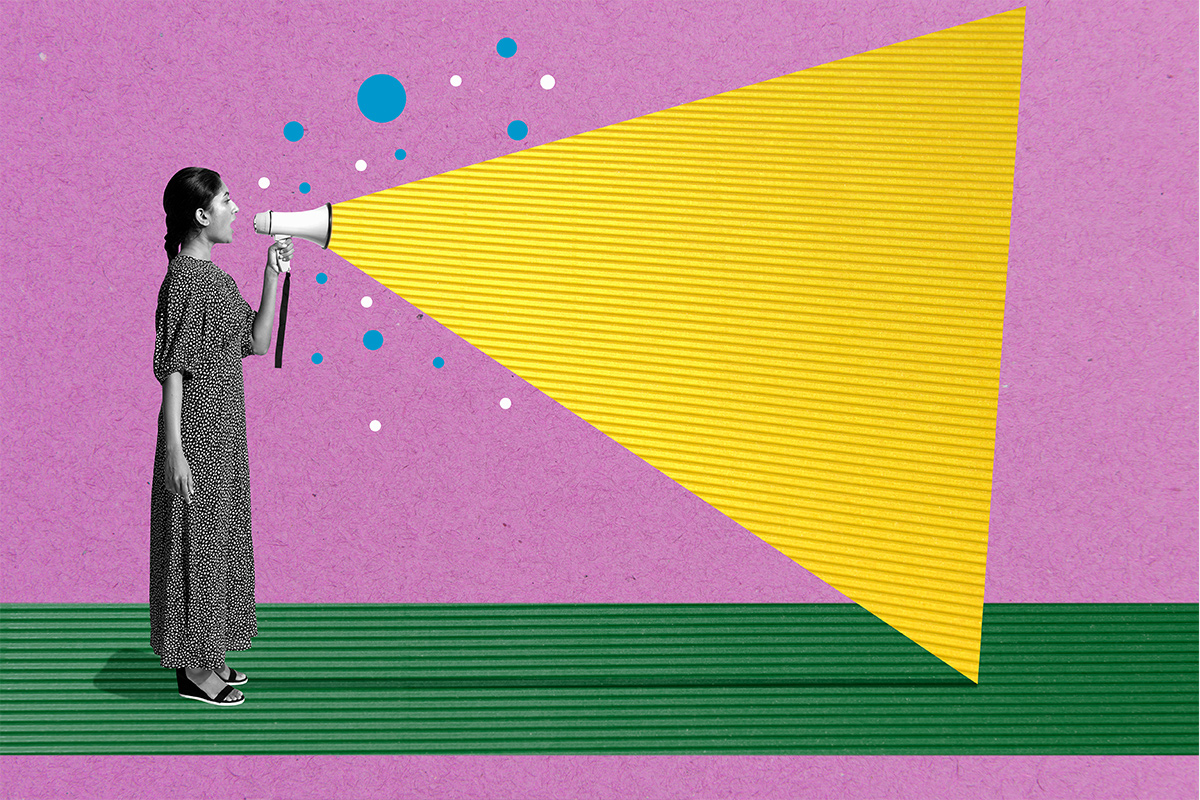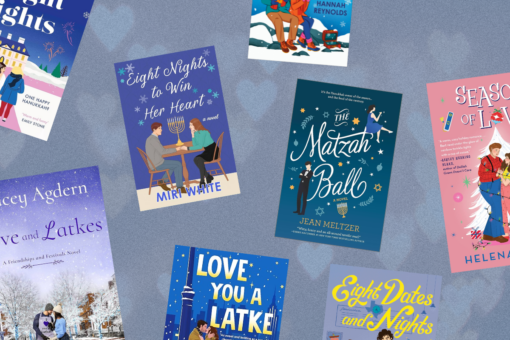Growing up as an Indian Jew in Vancouver, I would start my week at my grandmother’s house with curries and Bollywood, and end it in synagogue with raucous music and chamin.
Sunday evenings were spent with my Indian side of the family who raised me rightfully with curry, sarees and Bollywood. An extremely basic understanding of Punjabi facilitated in Englabi conversations with my grandmother, who fed me stories of her immigration and life in India.
On Saturdays, I attended Beth Hamidrash, my Sephardic synagogue in Vancouver, the only one west of Winnipeg, where I would find comfort in seeing familiar faces of Asian, Middle Eastern, North African and Arabic descent. Hallways filled with thick accents and warm hugs were an integral part of my upbringing.
While at synagogue we were just as Jewish as everyone else, with my Indian family, my brother and I brought something a little extra to the table. We would constantly make jokes about our dietary restrictions and those weird annual gluten-free traditions of ours.
Both cultures emphasize celebration and joy in everyday life. I fondly remember attending Sikh weddings that would carry on for days. Instead of dancing the hora, we’d cover our hands in traditional henna. Not to say that we didn’t bust a move at the bar mitzvahs, too.
My bat mitzvah was the only time I can remember that my extended Indian side of the family came to synagogue. The menu consisted of both Moroccan and Indian dishes, like like spicy carrot salad and lentil daal as sides. The Moroccan chicken curry as the main dish, in a way, was a true expression of my mixed identity.
With only my brother and a bat mitzvah chicken dish to relate to, growing up with this mixed ethnicity was what made me truly unique, even within my own family. Even my parents, the people who brought me into this world as an Indian Jew, did not possess the same mixed ethnic identity as myself, and therefore simply couldn’t understand my experience.
That being said, despite embracing my dual identity, I was often faced with misinformed and sometimes ignorant comments.
“You must be Hindu.”
“But how can you belong to two religions?”
And I’ll never forget those moments, at my Jewish school, when friends insisted I “do the accent” for them.
These microaggressions, albeit with no intention of causing harm, eventually became weightier.
At first, I would shrug them off, but over time, these insensitivities came to reflect the shallow education and lack of understanding of culture, religion and identity among my peers.
As I grew up, and my classmates became more conscious of what it means to be a Jew, I began to wonder just how Jewish I really was.
I got questions from friends about how I was able to be enrolled in my Jewish day school despite “not really being Jewish,” or how I was allowed to practice Judaism if my mom was Indian.
Without the tools to fully understand or engage in deeper conversations about under-representation and fluid forms of identity, I felt helpless and confused. “Am I really a Jew?” I began to wonder.
Now, with some perspective and distance from my childhood, I’ve come to realize that I never should have had to doubt my identity, or my right to claim all sides of myself. I am not less Jewish or more Indian. I am an Indian Jew who loves a good vegetarian poutine, who is proud of all parts of my culture, and I am no longer prepared to be identified by others based on their expectations.
Other Jews of Color reading this may very well be nodding their heads, seeing themselves in these experiences. But up until recently, the term Jew of Color was not even in my vocabulary. I had always been under the impression that my brother and I were the only two with this specific dual identity.
But a lot has changed since childhood. I’ve met Jews from all over the world, and I’ve created connections with individuals who share the same experience of intersectionality as myself. Be it at summer camp, university and other Jewish spaces, I began to see a much bigger definition of Judaism than what my peers insisted on being true.
It took me a long time to learn that I don’t need to justify my identity and my family’s choices to anyone, and I don’t owe anyone any sort of explanation. I am Jewish. I am Indian. I am Ya’el.



